

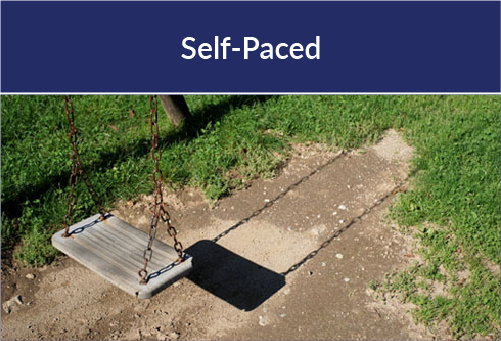
This first course in the Missing Child Investigations in Indian Country (MCI-IC) online training series introduces the series, and is specifically designed to support understanding of the six key challenges law enforcement officers and supporting agencies working in or with Indian Country communities often face when a child goes missing, including: Not having a clearly defined starting point for the investigation; proper identification and utilization of resources; increasing risk with the passage of time; the emotionally charged nature of the case; addressing and managing the media; and jurisdictional, geographic and cultural dynamics of investigative work in Indian Country.

The tenth course in the Missing Child Investigations in Indian Country (MCI-IC) online training series is designed to help law enforcement understand and apply proper methods and techniques in performing general area searches, forensic searches, and roadblock canvasses in missing child investigations in Indian Country. The general area search, a physical search for the child, and the forensic search, a formal collection of physical evidence, are core investigative processes in missing child investigations, especially in child abduction cases. The roadblock canvass is frequently conducted in conjunction with the general area search. This course will focus on the procedures and coordination of each of these investigative processes.

The eleventh course of the Missing Child Investigations in Indian Country (MCI-IC) online series explores the neighborhood investigation; a comprehensive, in-depth effort to locate the child and gather information about individuals present near key locations when the child went missing. Building on the preliminary canvass introduced in Course 5, this phase involves detailed interviews and exhaustive searches. Research consistently highlights its critical role in child abduction cases.

The twelfth course in the Missing Child Investigations in Indian Country (MCI-IC) online training series covers the exchange of information between law enforcement and the victim child’s tribal community that is facilitated by three distinct but interconnected processes—victim services, family liaison and media considerations or strategies. This course will discuss how these processes and the roles of individuals associated with them can enhance the missing child investigation by helping to generate leads through effective exchange of information with victim families and the public.

The final course in the Missing Child Investigations in Indian Country (MCI-IC) online training series provides overview of important resources commonly used in missing child investigations and how to create a plan to incorporate them into the investigation. The mysterious disappearance of a child in Indian Country can quickly become a crisis which overwhelms community resources. The investigative response often requires resources from multiple government agencies at all levels and non-governmental organizations. Requesting and integrating these resources into the investigation can be accomplished efficiently and effectively if a response plan has been designed prior to the incident. This enhances law enforcement’s ability collectively respond to the missing child incident.
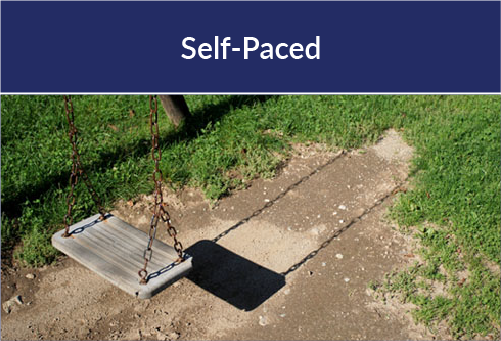
The second course in the Missing Child Investigations in Indian Country (MCI-IC) online training series is designed to help law enforcement officers perform an initial assessment in a missing child investigation in Indian Country. An understanding of the victim risk assessment and missing child categories is crucial in missing child investigations. This course will review various missing child categories and identify factors that aid in the formulation of the initial assessment, a process of elimination based on the specific incident fact pattern as it relates to the missing child categories. This assessment process creates the foundation for the formulation of a strategy in the missing child investigation.
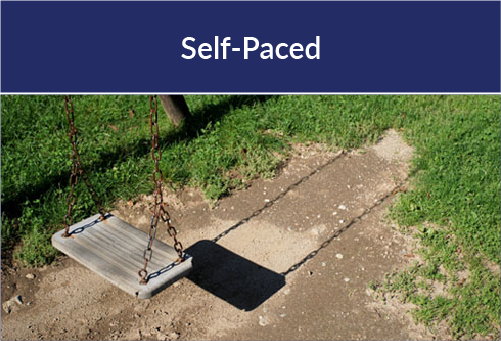
The third course in the Missing Child Investigations in Indian Country (MCI-IC) online training series is designed to help law enforcement officers perform nonfamily and stereotypical abduction assessments in a missing child investigation in Indian Country. The course will present the behavioral tools to assess whether the reported abduction is a nonfamily abduction, stereotypical abduction or possibly, a false allegation of child abduction. The behavioral aspects used in this assessment process will primarily focus on the victim’s age and location of disappearance as these relate to the offender’s behavior and motivation. Understanding the common characteristics, motivations, and behaviors of offenders who abduct children can play a significant role in the successful investigation of missing or abducted children.
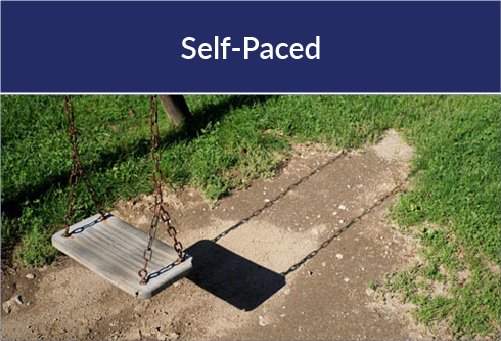
The fourth course in the Missing Child Investigations in Indian Country (MCI-IC) online training series is designed to help law enforcement understand and apply processes in the first of four distinct phases in a missing child investigation in Indian Country. Phase 1 details the required actions of officers and supervisors who are first to arrive on scene.
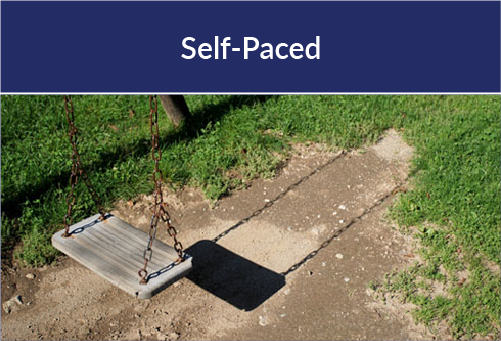
The fifth course in the Missing Child Investigations in Indian Country (MCI-IC) online training series is designed to help law enforcement understand and apply processes in the second of four distinct phases in a missing child investigation in Indian Country. Phase 2 details actions in the rapid escalation of resources and investigative activities required to simultaneously address multiple avenues of investigation in a timely manner once the basic facts regarding the child’s disappearance have been obtained, and the information confirms the child has been abducted or is in danger.
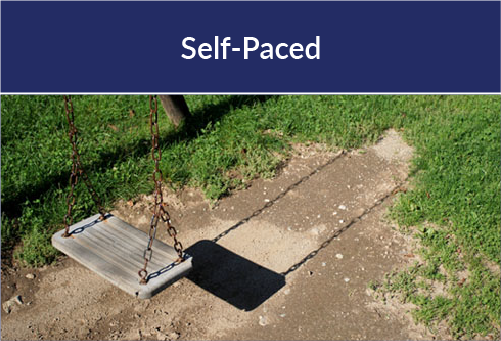
The sixth course in the Missing Child Investigations in Indian Country (MCI-IC) online training series is designed to help law enforcement understand and apply processes in the third of four distinct phases in a missing child investigation in Indian Country. Phase 3 addresses the expanding investigation, and details how investigative efficiency and effectiveness can be achieved through the organization of resources and processes, therefore increasing the probability of a successful case resolution.
